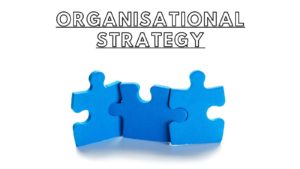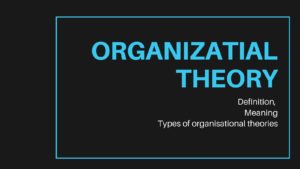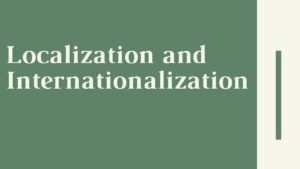Assertive communication is a way to put forward your values without hurting anyone else. It is the best type of communication which helps you to…
Supply Chain Management – Definition, Components, Importance
Definition Supply chain management can be defined as a system that handles the entire production flow of goods and services in the organization. It monitors…
Political Environment: Meaning, Examples & PEST (ELI) Analysis
What is the Political Environment? The political environment is the total of a nation’s laws, governmental policies, and institutions that affect the business landscape. Political…
Production Capacity – Definition, Calculation And Examples
Definition Production capacity is defined as maximum production or output, which can be produced in business with the help of available resources. The capacity is…
Reflective Practice – Meaning, Importance and Steps
The reflective practice revolves around the concepts of learning from different life experiences. In this, we analyze our past responses in some situations, the outcomes…
Organisational Strategy – Definition, Meaning, Features
Definition Organisational strategy is defined as a dynamic roadmap that explains how a company needs to evolve so that it can meet its goal and…
Organizational Theory – Definition, Meaning, Types
Definition Organizational theory is the study of corporate designs and structures. It also deals with the behaviour of individuals or groups in the organisation and…
What is Market Share? Definition, Formula, & How to Increase It
Definition: Market share refers to the proportion of a company’s total sales in relation to the overall market it operates in. To put it simply,…
Market Growth: Definition, Types, Calculation & Examples
Market growth is the rise in the demand for a product or a service in the market. Usually, market growth happens when a company is…
Localization vs Internationalization – Differences Between Them
Localization and Internationalization – These concepts sound familiar, but they are very distinct from each other. These activities are referred to like the one in which…
Trustworthiness – Characteristics and Importance
Trustworthiness is the quality of an individual or thing that ensures dependability, credibility, and truthfulness. As an essential moral value, trustworthiness can also be understood…
Truthfulness – Meaning, Characteristics And Benefits
Truthfulness is the fact of being realistic or true to life. Being one of the vital life skills, truthfulness holds the highest value in making…
Formal Organisation – Definition, Meaning, Guidelines, Functions
Definition A formal organisation is defined as an organisational structure where the rules are established in place for undertaking operations and processes. These rules are…
Organizational Effectiveness – Definition, Meaning and Six systems
Definition Organizational effectiveness is defined as a concept to measure the efficiency of an organization in meeting its objectives with the help of given resources…
Organizational Behaviour – Definition, Meaning, Types, Objectives
Definition Organizational behaviour is defined as the behaviour of human beings in their workplace or only in a corporate setting. It studies the impact that…














